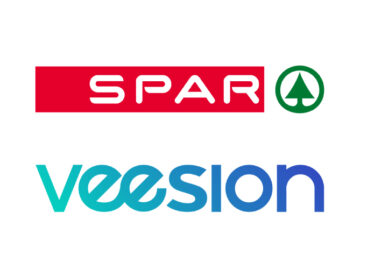In cyber or in Hungarian?

There is such confusion about cybersecurity and AI that we often wonder whether what we hear is in Hungarian or not.
Just the other day I attended a very interesting presentation on cybersecurity, where it was mentioned that the FMCG sector is one of the top 3 targets for cyber-attacks. We already know that unfortunately we aren’t living in a protective shell in Hungary either… Last year companies spent about 30 billion forints to recover their assets. What is even more shocking is that in 2023 the total value of damage caused by cyber-attacks globally was around 8,000 billion US dollars, and the data for the last three years shows a steep upward trend: by 2028 the projections are already running at 13,700 billion dollars.
Without going into further details of the presentation, let me add that I had to mention in my introductory speech at our Promotions Day conference in mid-April: a new element in the focus group research of the promotion competition entries submitted this year was the emergence of customer distrust, suspicion and questioning of credibility. This is due to the fact that shoppers say they receive phishing e-mails on a daily basis (there were 500 million ransomware attacks and 255 million phishing attacks in 2022) and text messages with false content, so they don’t believe they have won something even when they get a phone call, and they don’t feel safe entering their details for promotional games, which discourages them from playing. They want to see the real winners so that they can be sure that someone has actually won and received the promised prizes.
We have been organising this contest for 16 years, through good times and bad, but we have never seen this kind of attitude when interviewing customers. This is a warning sign that we need to be even more vigilant about transparency and security if we are to maintain interest in promotions, when price is no longer necessarily the dominant factor, dictating that shoppers with tighter budgets switch to cheaper brands, shops and promising promotions.
It is no coincidence that we published an article on NIS2 last year, as it is very important that by 30 June 2024 companies subject to the EU regulation must apply for registration with the Supervisory Authority for Regulatory Affairs (SZTFH) themselves. On 18 October they will already have to pay the supervision fee, which is 0.015% of the previous year’s sales revenue, but maximum of 10 million forints. As for the other side of the “coin”, the fine is huge, 10 million forints – but not more than 2% of the annual sales revenue. The first cybersecurity audit for the companies concerned must be completed by 31 December 2025. It is worth taking action early, to prepare and protect yourself!
Best regards,
Zsuzsanna Hermann, Editor in Chief
Related news
Davos 2026: the risk premium has appeared on store shelves
🎧 Hallgasd a cikket: Lejátszás Szünet Folytatás Leállítás Nyelv: Auto…
Read more >Unexpected role reversal – in PreVital’s latest image campaign, cats go to work instead of their owners
🎧 Hallgasd a cikket: Lejátszás Szünet Folytatás Leállítás Nyelv: Auto…
Read more >Related news
THE LATEST ISSUE OF TRADE MAGAZIN HAS BEEN PUBLISHED!
🎧 Hallgasd a cikket: Lejátszás Szünet Folytatás Leállítás Nyelv: Auto…
Read more >(HU) A nap mondása
🎧 Hallgasd a cikket: Lejátszás Szünet Folytatás Leállítás Nyelv: Auto…
Read more >









